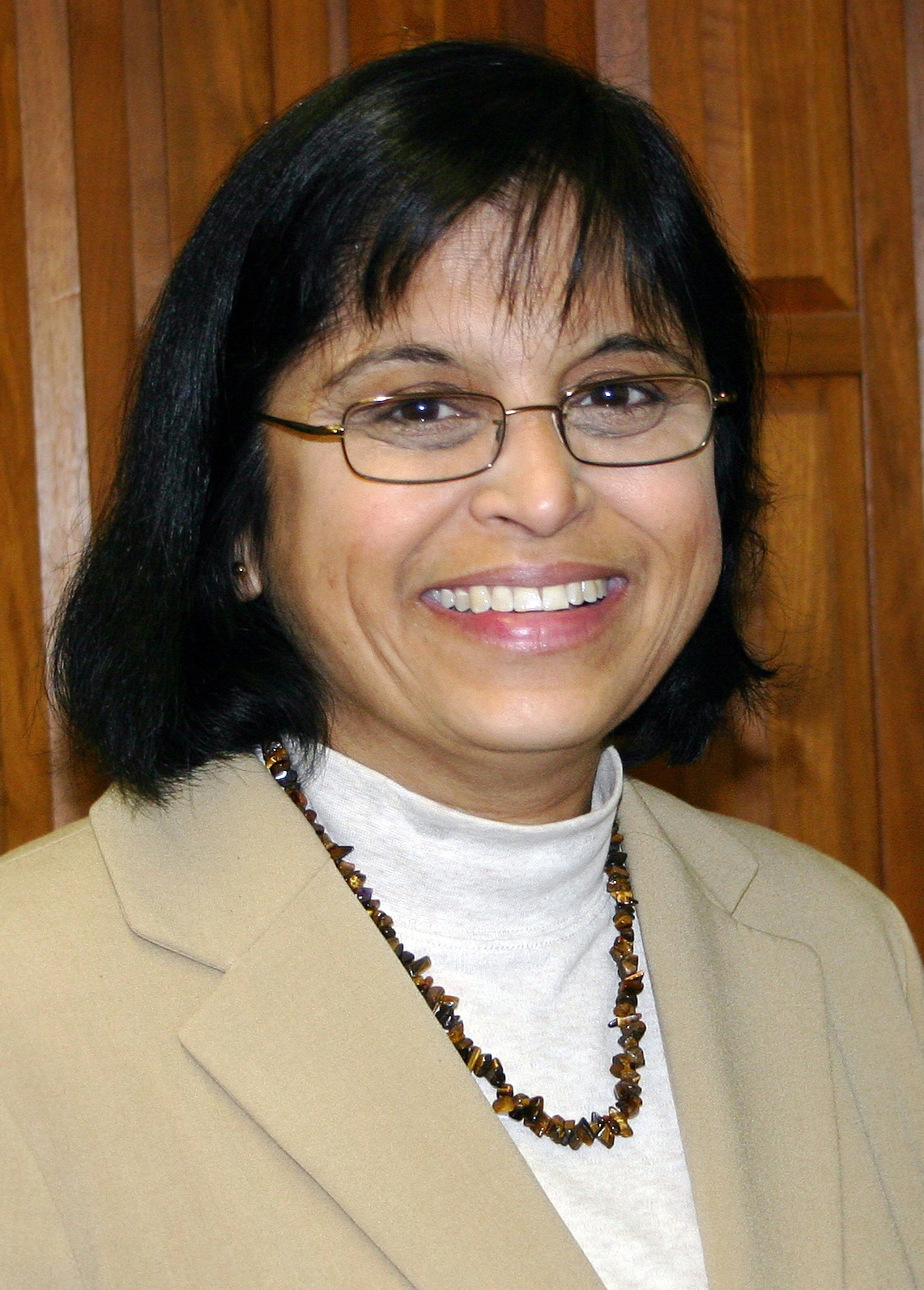Sherin Devaskar, the new chief of Mattel Children’s Hospital, outlines her goals for pediatric care

Sherin Devaskar
By Alexa Parmisano
Feb. 22, 2011 2:59 a.m.
Correction: The original version of this article contained an error. Kara Calkins was misquoted.
Eleven years ago, UCLA called upon Sherin Devaskar to strengthen newborn care at Mattel Children’s Hospital.
The neonatology team at the time consisted of only four faculty members, and Devaskar arrived committed to training young doctors at UCLA to effectively care for babies in the neonatal intensive care unit.
Devaskar was appointed physician-in-chief of Mattel Children’s on Feb. 1, and is now responsible for more than just training neonatologists. But the work she has done since her arrival in 1999 has resulted in major changes to how doctors are trained and infants are cared for at UCLA.
Since accepting her position, Devaskar has three primary goals in mind for improving how care is carried out at Mattel and how physicians are trained.
Devaskar’s first goal concerns the children, she said. To begin with, she wants to create a softer, gentler hospital for children and establish “coordinated care.” The goal is to make a child feel as normal as possible, whether the child has an abnormal heart or develops cancer. This requires an entire team of people, including doctors, nurses, surgeons and even child life specialists who play with the children and make them feel at home, Devaskar said.
She added that it is the responsibility of the hospital to take care of the entire family, not only the patient. A sick child changes the dynamics of the family, so surgeons and doctors need to maintain strong communication in order to meet the needs of both the child and family members.
Devaskar is also working in the realm of education so that UCLA can be a step ahead of other physician-training programs.
UCLA currently has residents who work in schools and teams of doctors who take vans out to the surrounding community to see patients ““ programs Devaskar wants to expand.
Lastly, Devaskar plans to escalate ongoing research to benefit children.
Kara Calkins, who was a fellow under Devaskar for three years, said she didn’t realize the technology available to neonatologists prior to coming to UCLA.
“We are able to provide cutting-edge innovation and health care, and as I see new advancements being introduced, it makes me more hopeful that we will be able to take care of very sick babies,” said Calkins, now a junior faculty member in the division of neonatology.
The neonatology training program Devaskar developed when she was asked to revamp it in 1999 is ultimately twofold: Doctors learn to provide quality treatment to newborns while also conducting neonatology research, she said. Research is woven into training so doctors can develop new therapies for severely ill children.
Devaskar’s new responsibilities have not taken away from training and mentoring, said Caroline Gibson, a fellow in training under Devaskar. Gibson said she still provides guidance as she explores the fetal origins of adult diabetes.
Calkins said Devaskar’s engagement in pediatric research and her commitment to children drew her to apply as a fellow. But what ultimately left a lasting imprint on Calkins and inspired her to strive to provide quality care was Devaskar’s involvement with patients, she said.
“(Devaskar) is the type of person who, as a fellow, you could call whenever you needed (help or advice),” Calkins said. “It wouldn’t be surprising to see her come in at 6 or 7 in the morning, before all her fellows arrived, to check on a critically ill patient and update their parents.”

